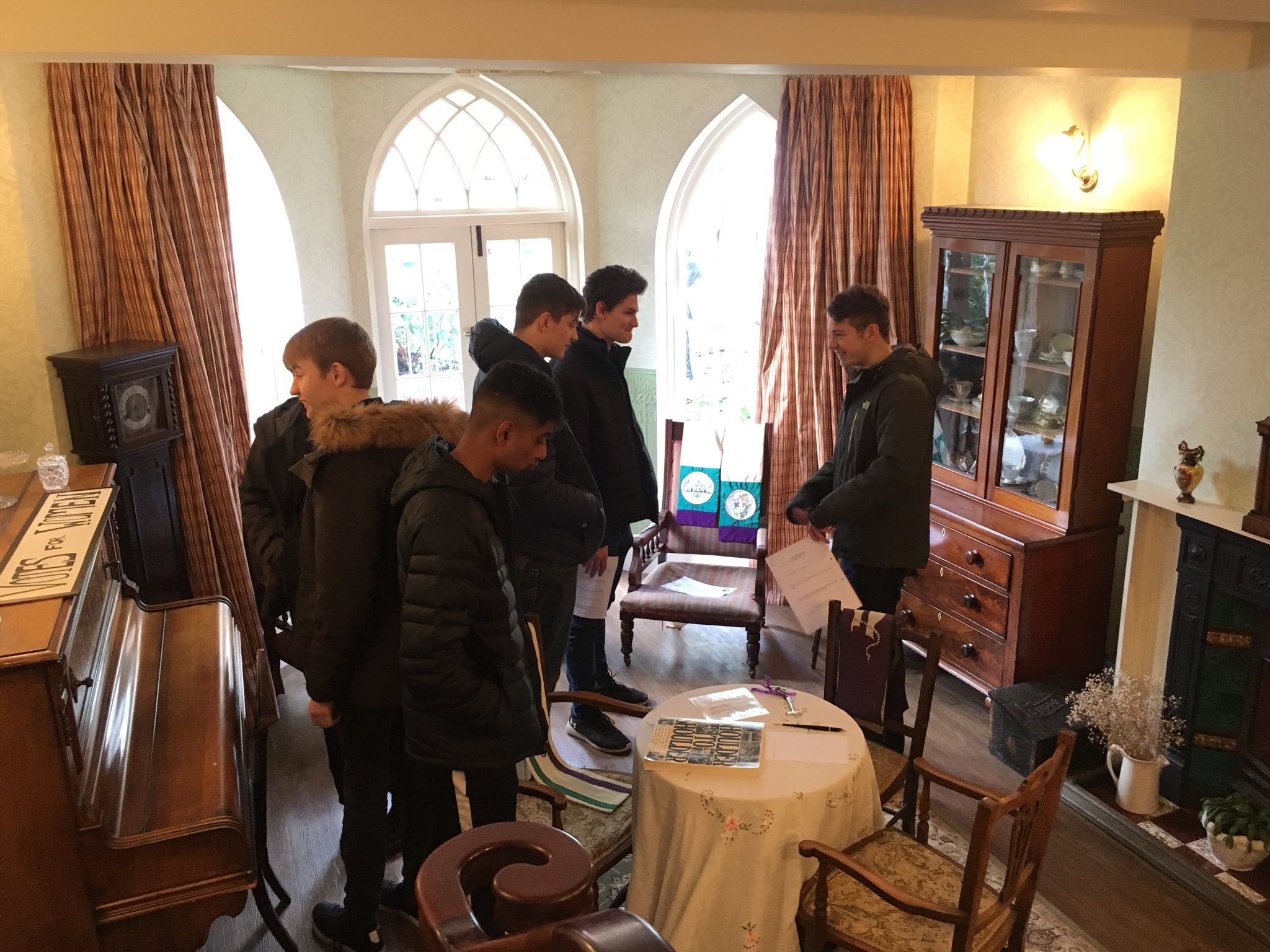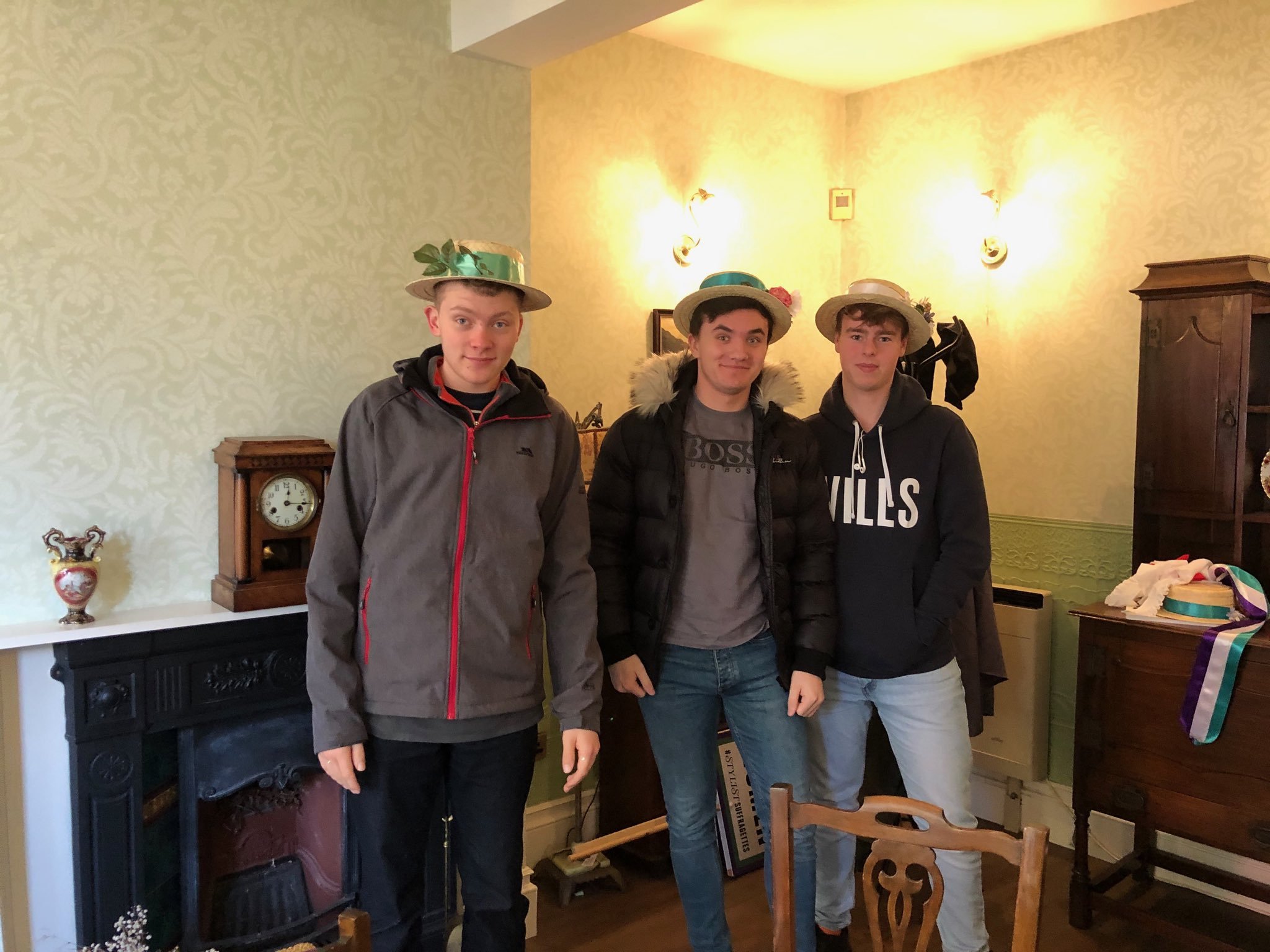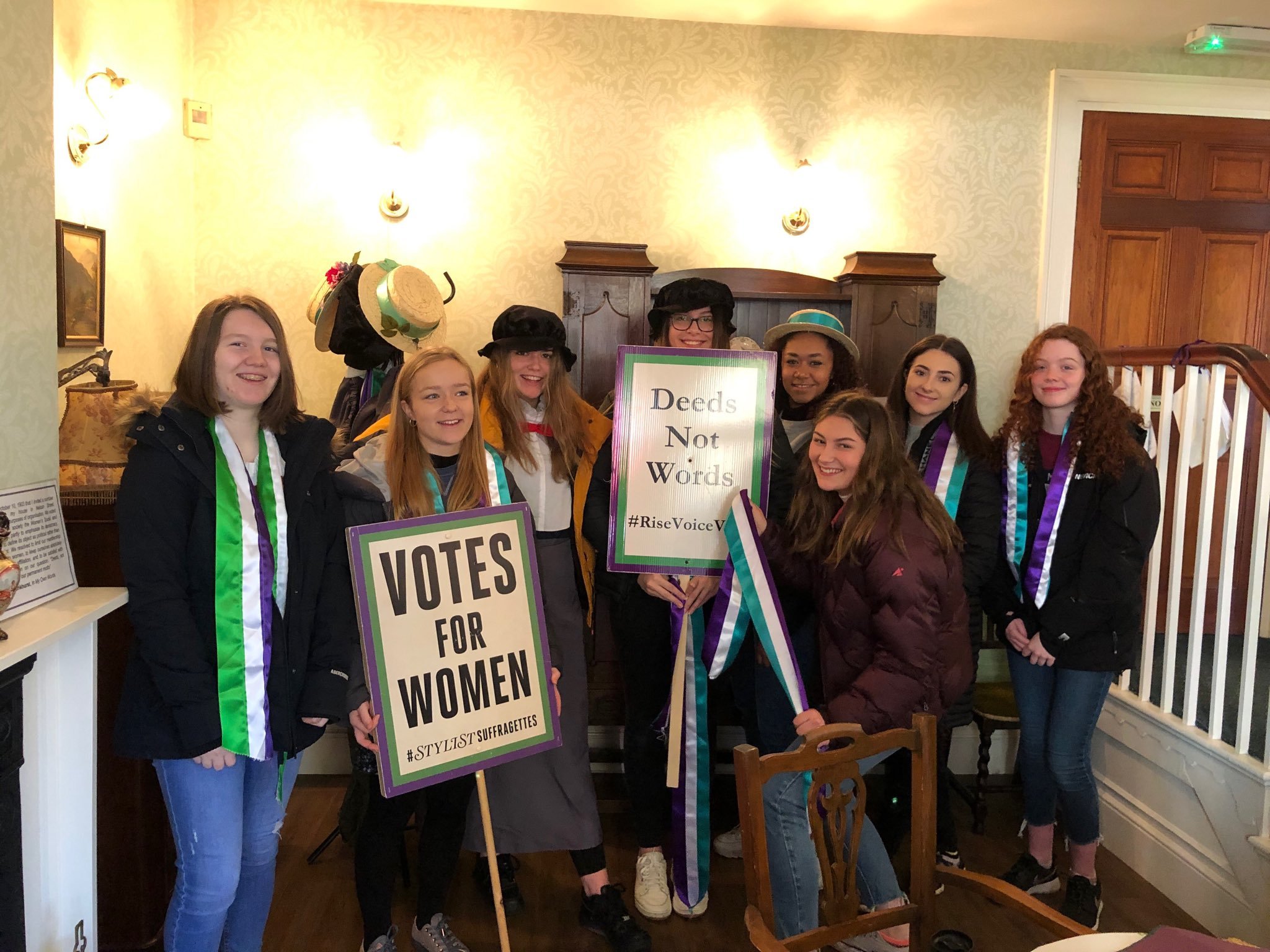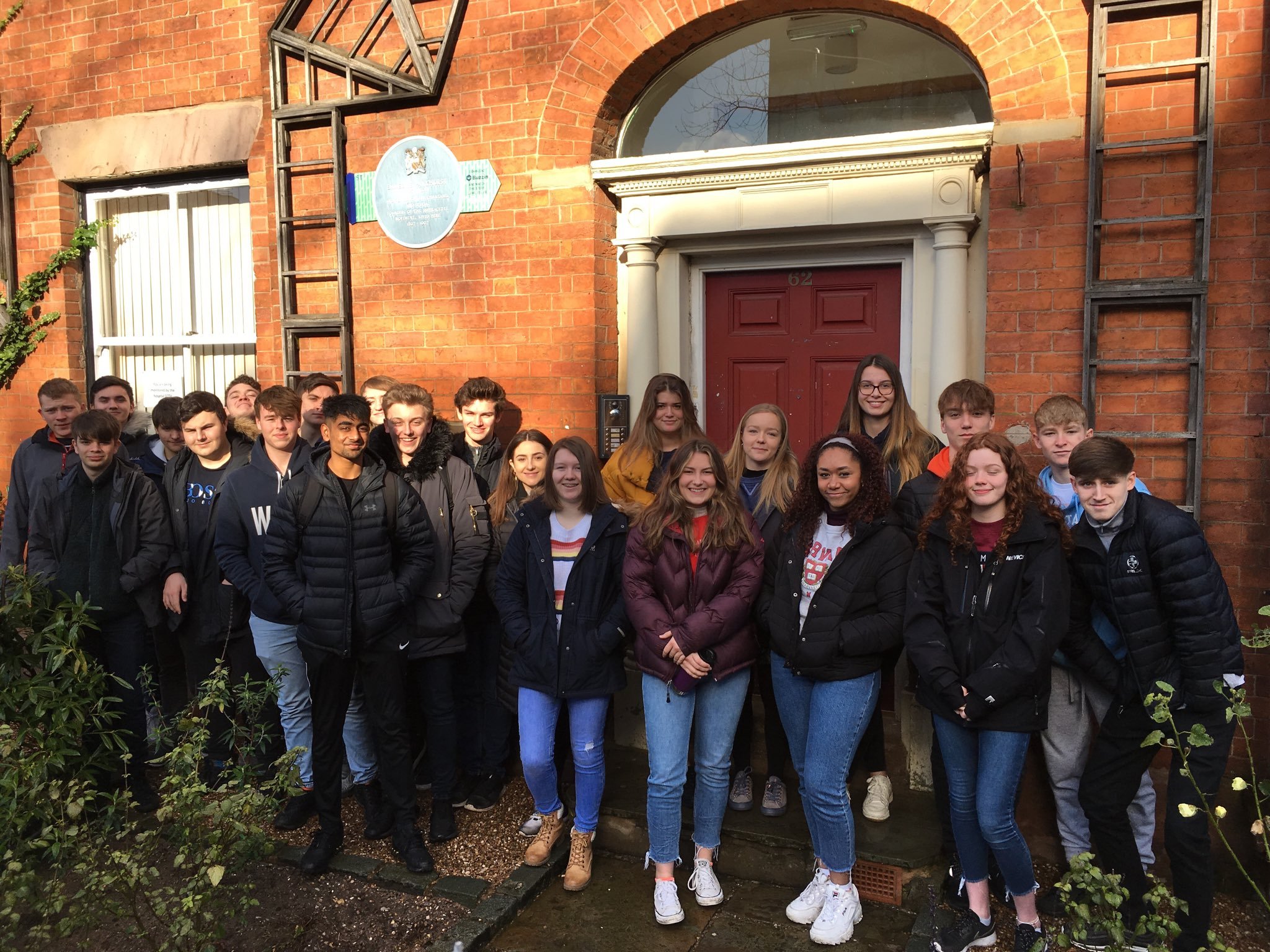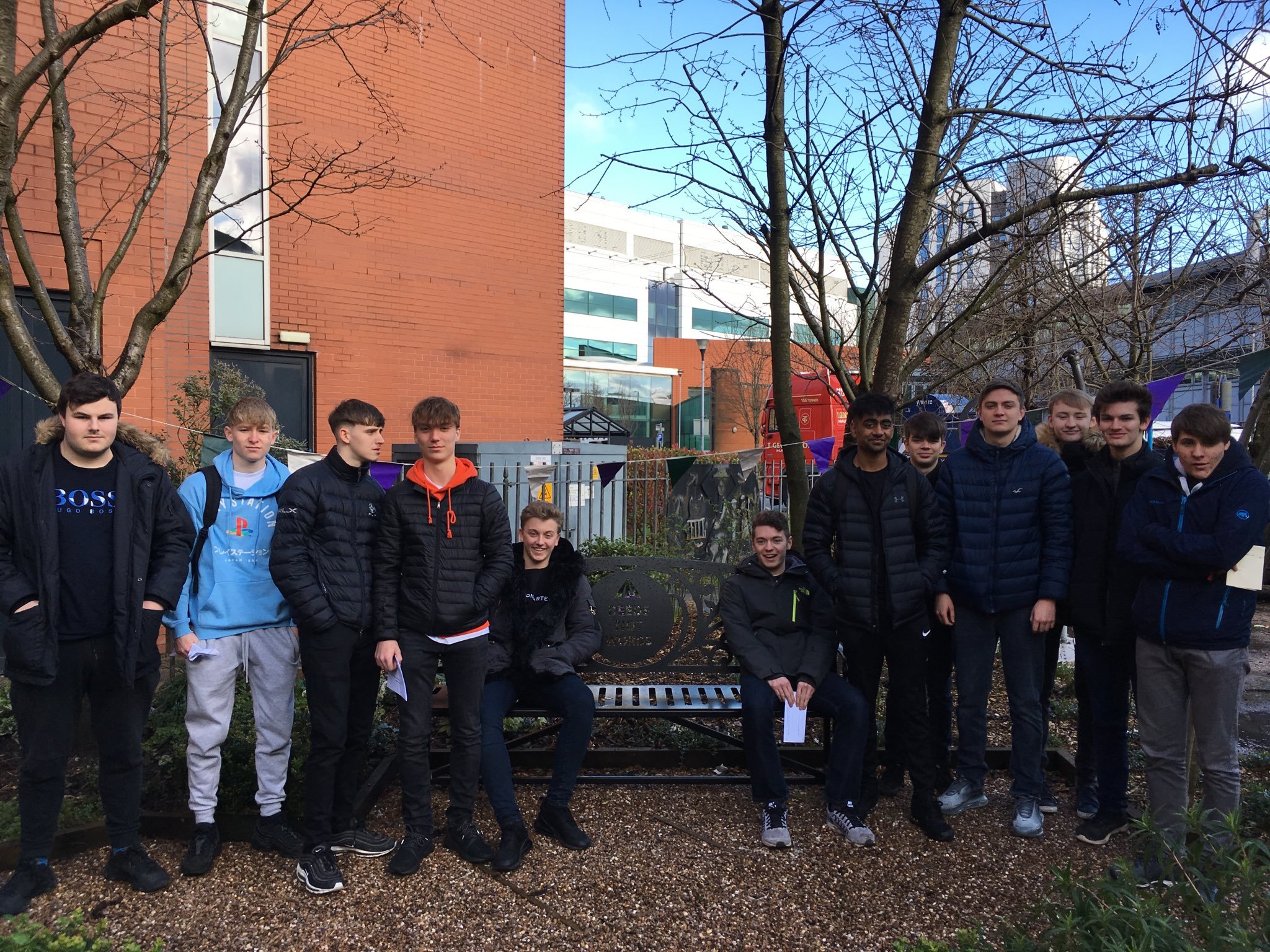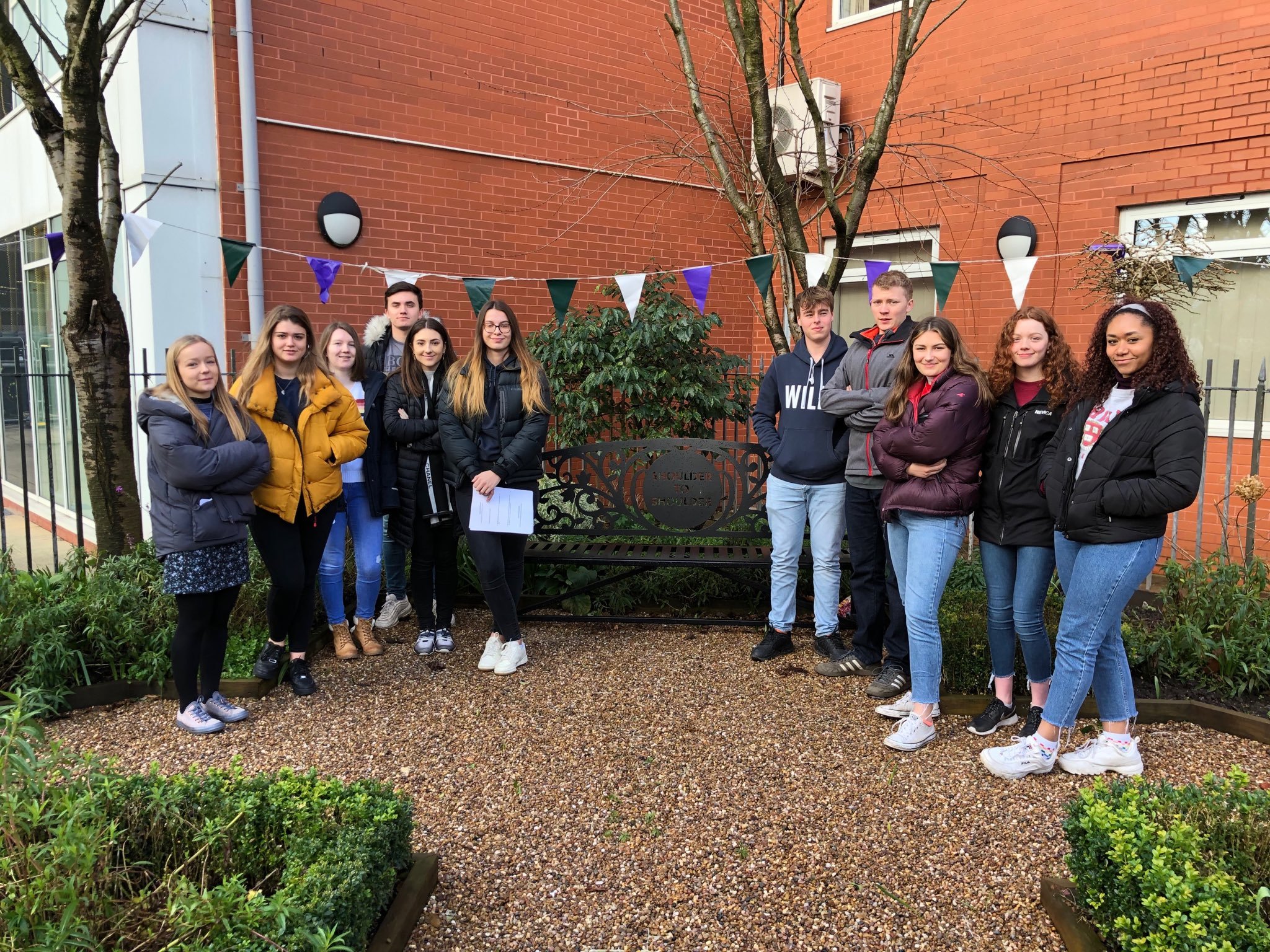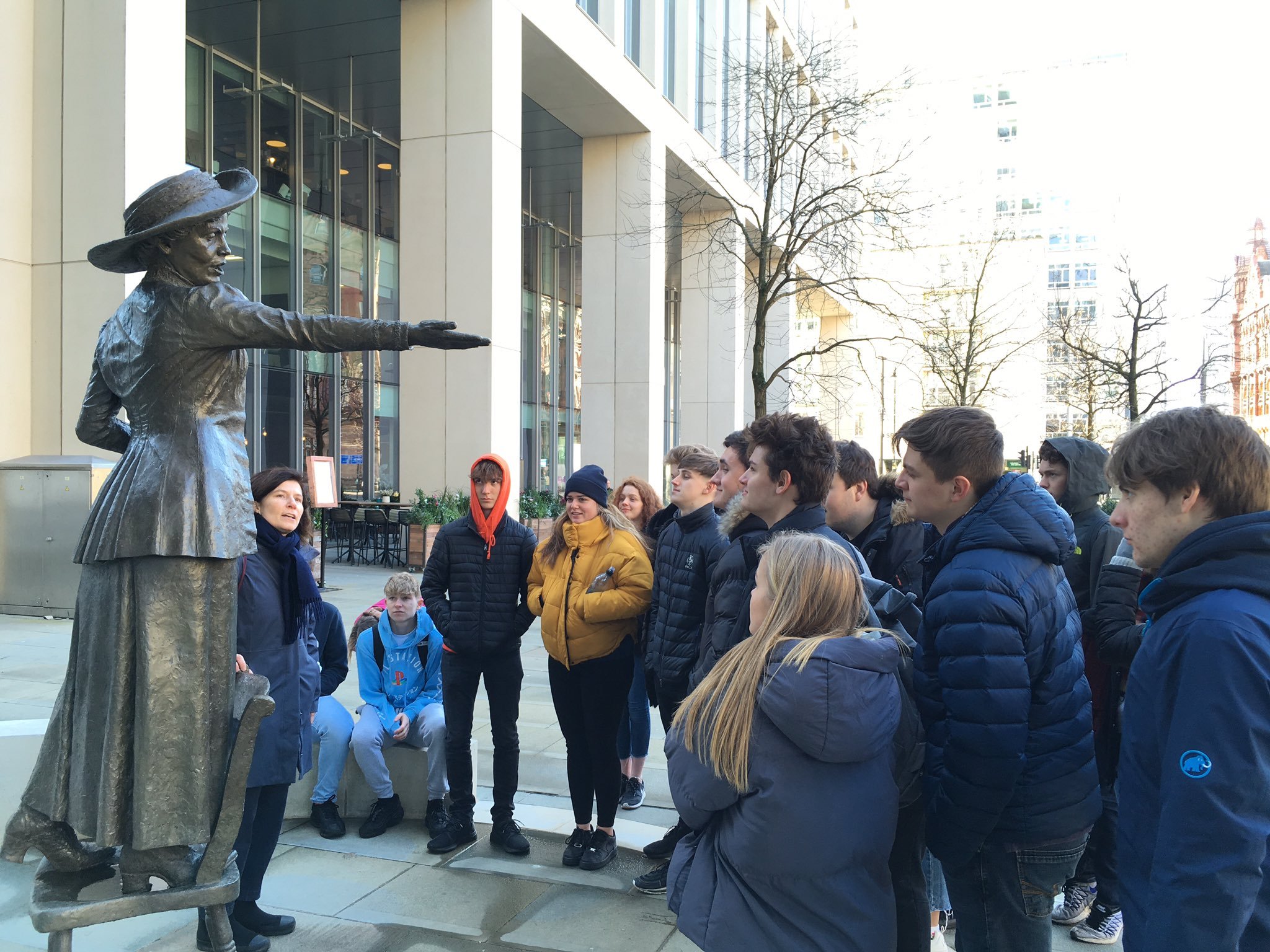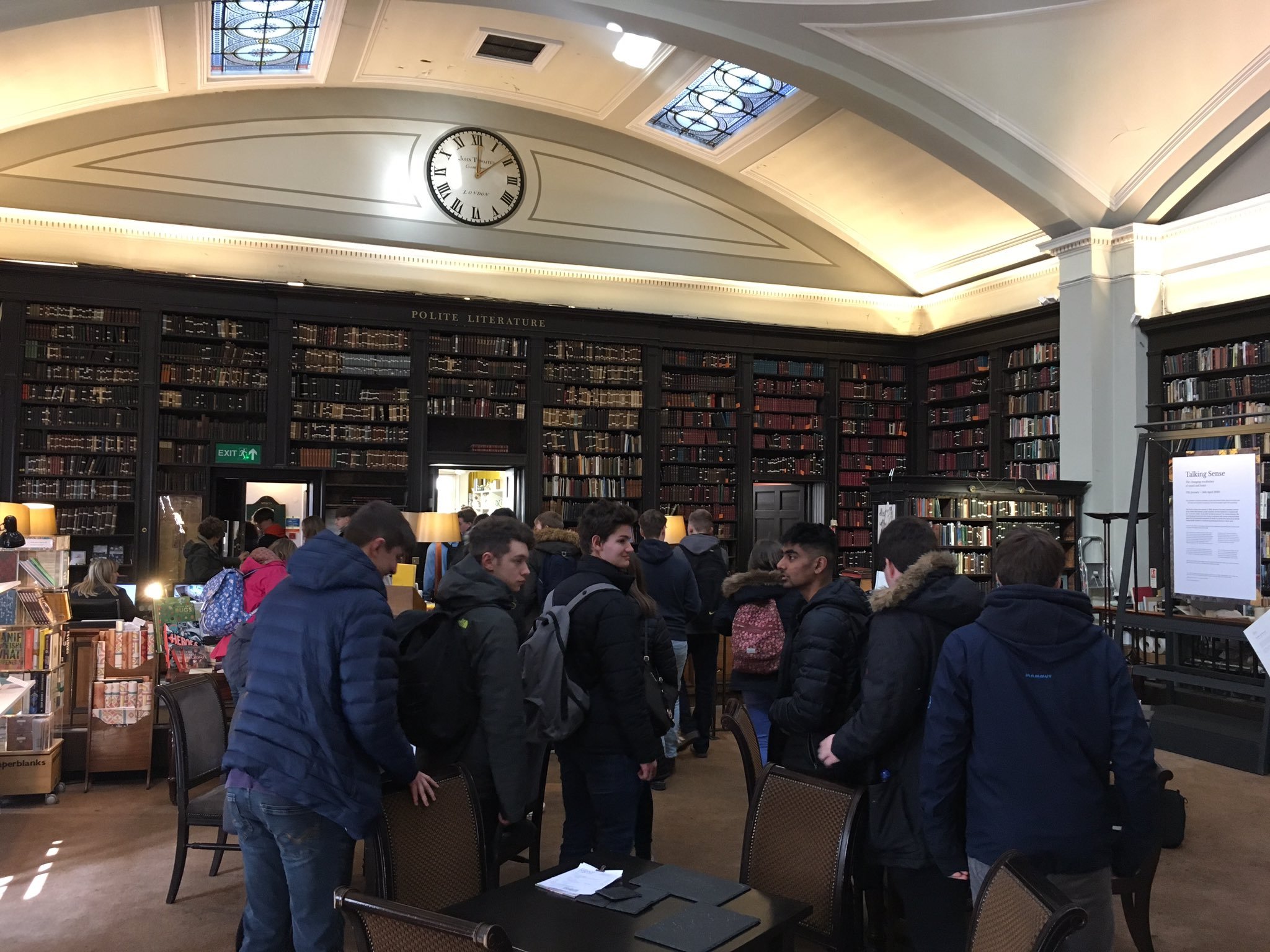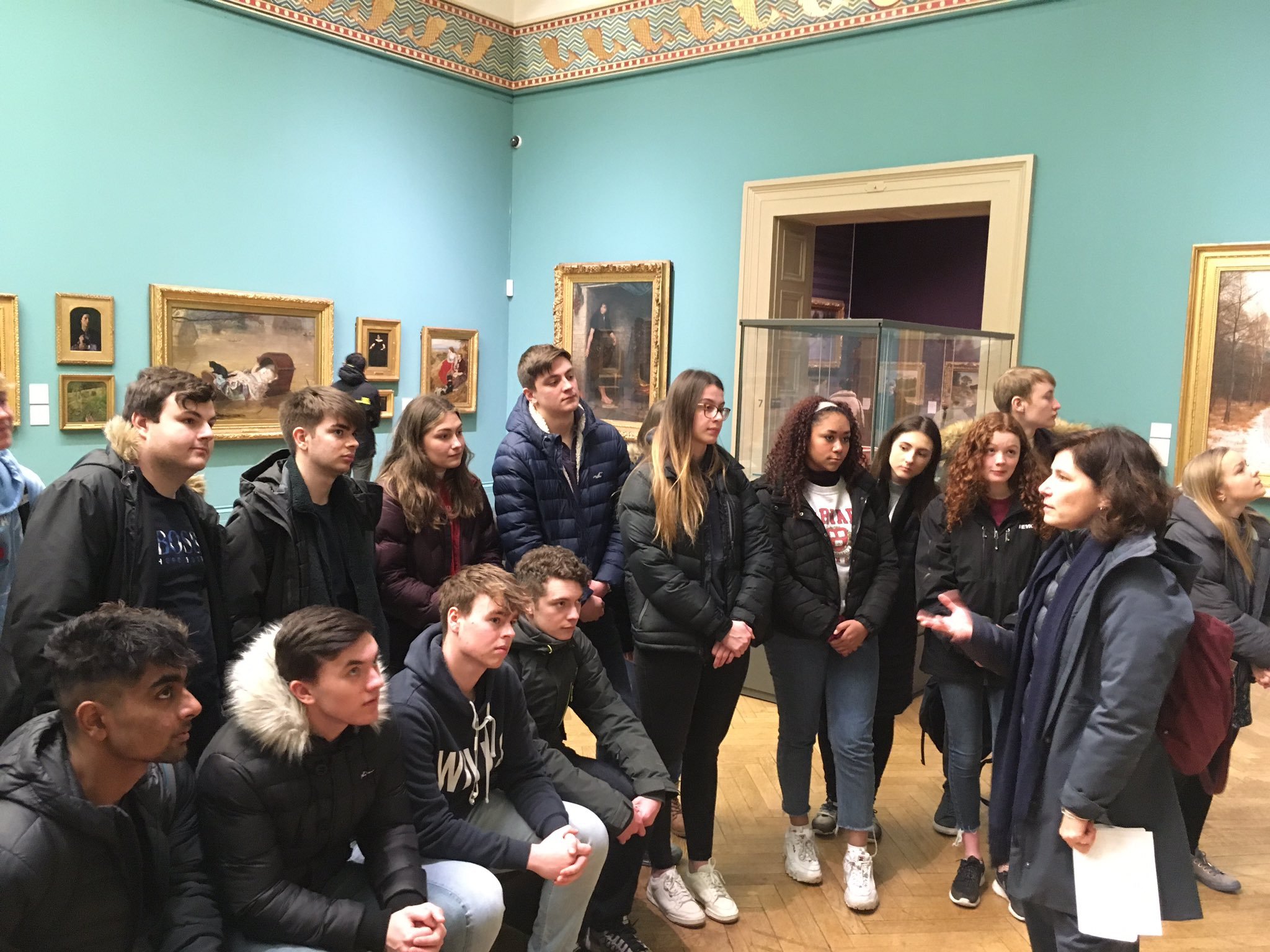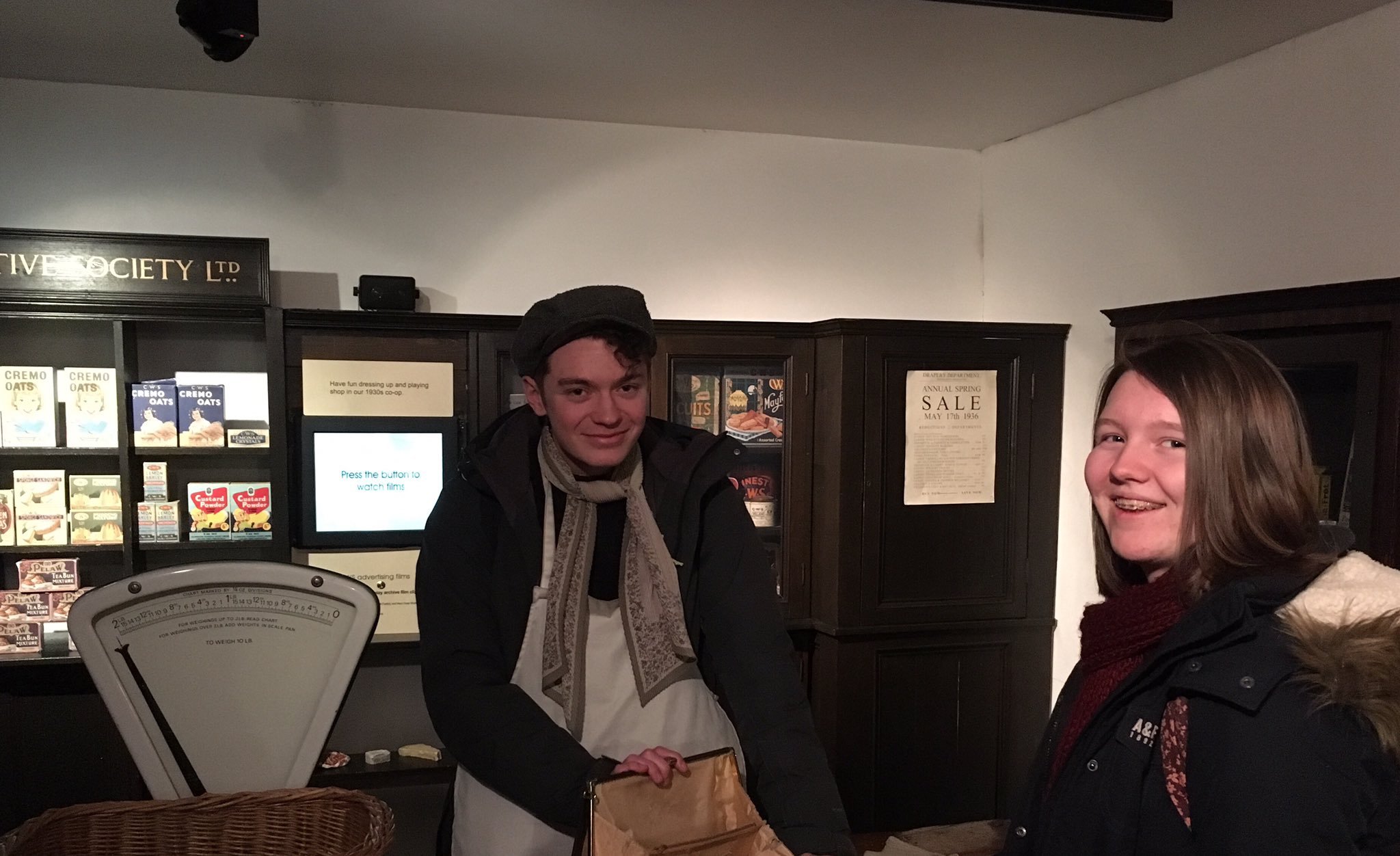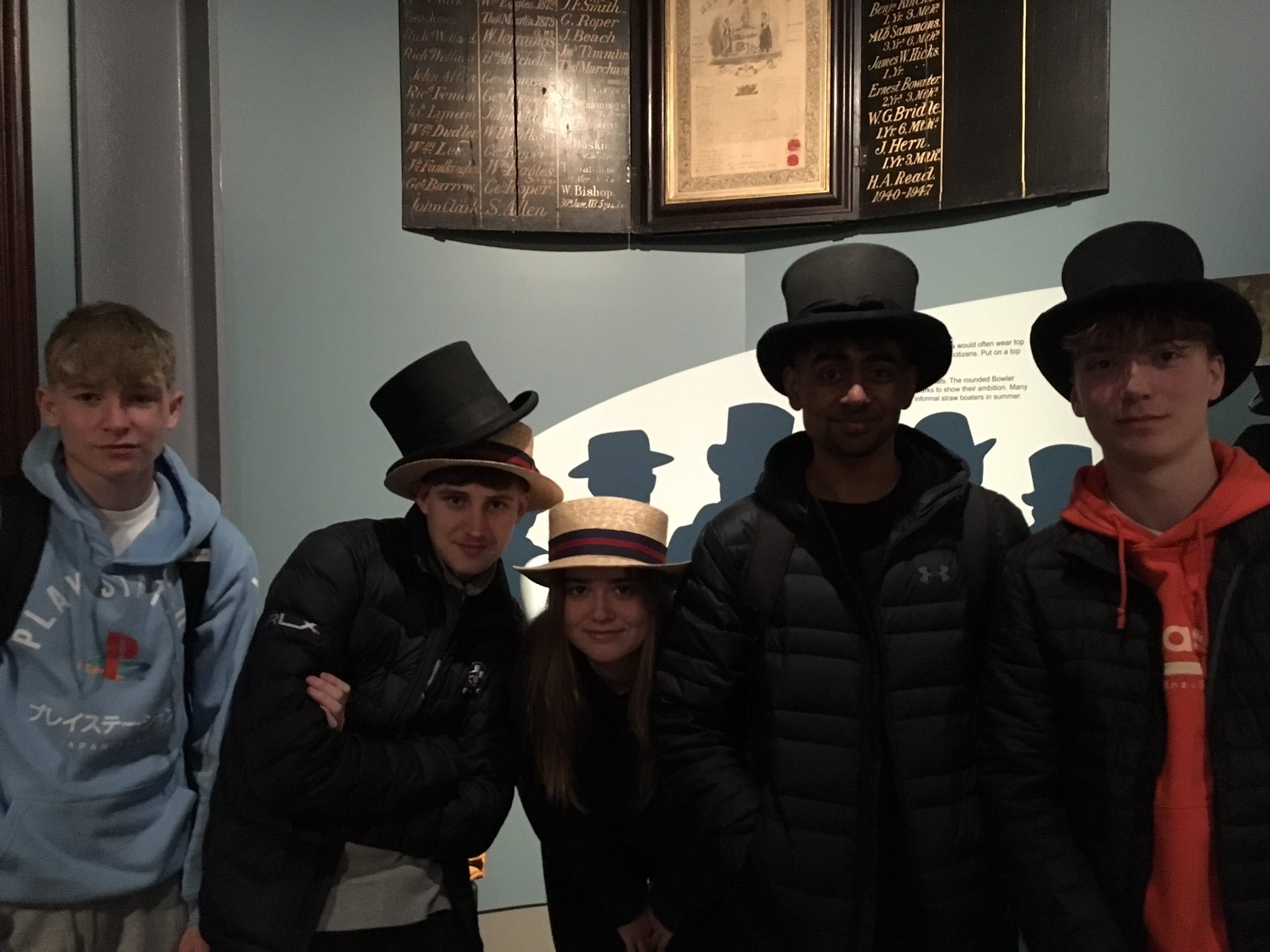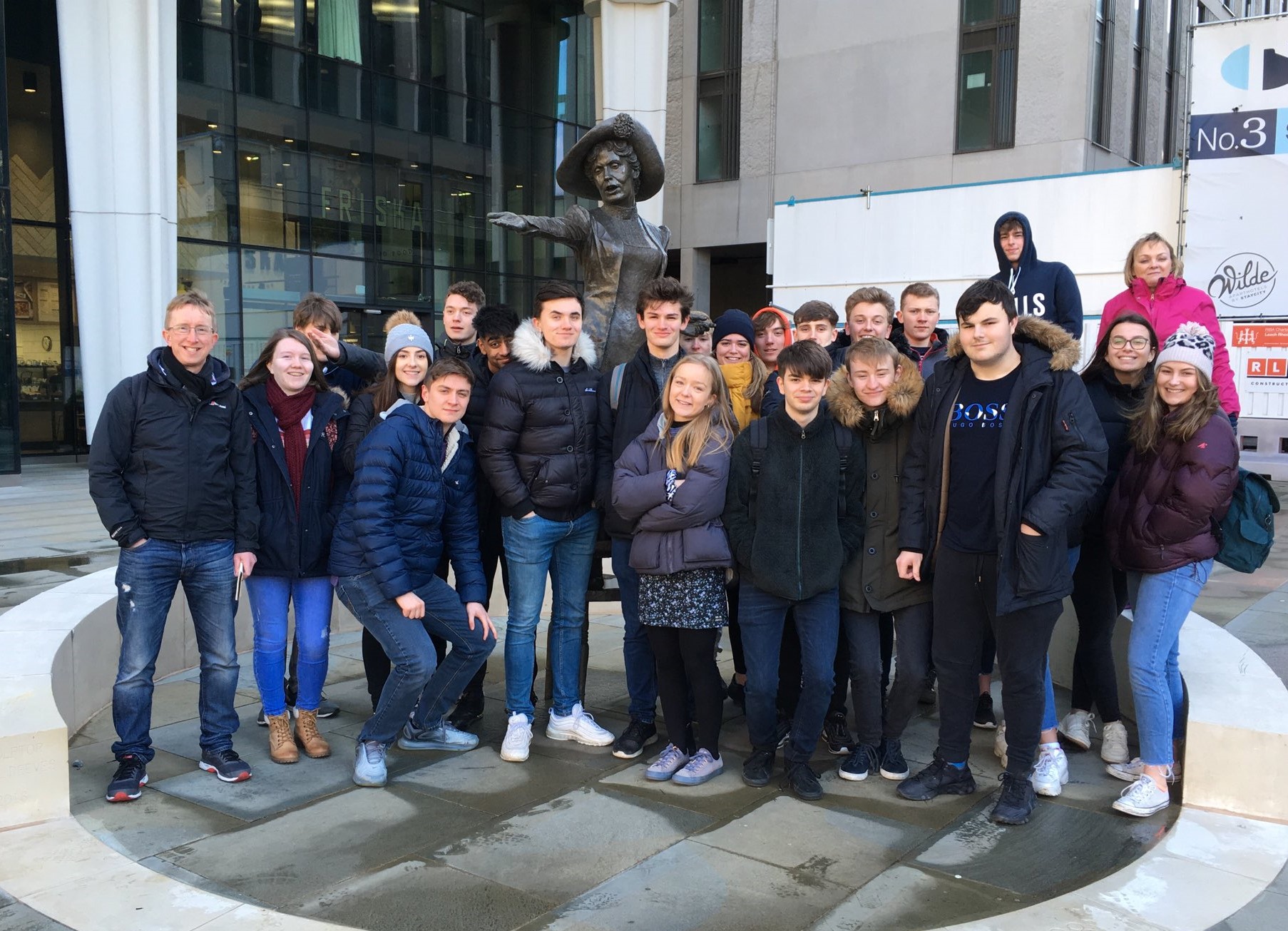
Written by Mr Neal, Head of History and Politics
The rain clouds parted and the sun shone for the A Level history study day in Manchester last week. Surrounded by the expanding complex of Manchester Royal Infirmary, in 1903 it was the home of Emmeline Pankhurst and her family and the birthplace of the Women’s Social and Political Union – the suffragettes. ‘Deeds not Words’ is the theme of the crowd-funded garden which will be transformed later in spring into the colours of the suffragettes; purple for loyalty and dignity, white for purity, and green for hope.
We also took a walking tour of the city. Our guide brilliantly wove together tales of suffragette ‘outrages’ at Manchester City Art Gallery and the Free Trade Hall alongside a visit to the former Saint Peter’s Fields, the meeting place in August 1819 for 80,000 men, women and children who were peacefully protesting for suffrage and annual parliaments. The magistrates’ call to arrest speaker Henry Hunt led to the yeomanry panicking and the death of 18 protestors and a further 500 injured. The Peterloo Massacre’s bicentenary has been commemorated with a thought-provoking memorial.
Manchester’s rich cultural history was explained to us in the remarkable Portico Library whose members have included Elizabeth Gaskell, Robert Peel and more recently Eric Cantona. After refuelling at Nando’s, we finished our day in The People’s History Museum. The artefacts and exhibits add so much to the textbook accounts of the Chartists, trade union and Labour movements. Students and teachers alike returned to Chester fired with enthusiasm for the remainder of the course.







